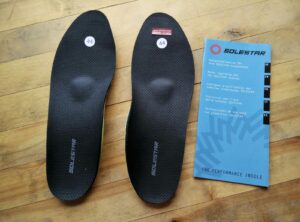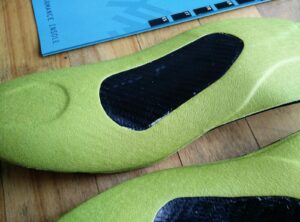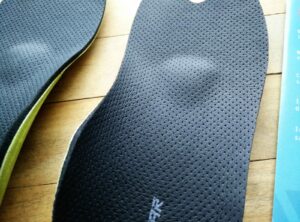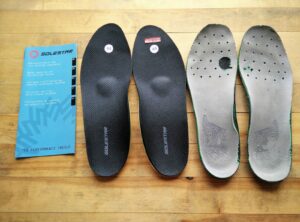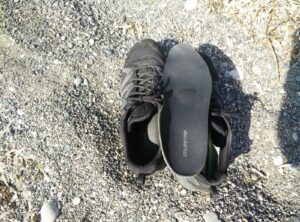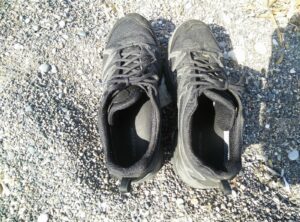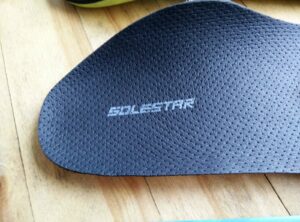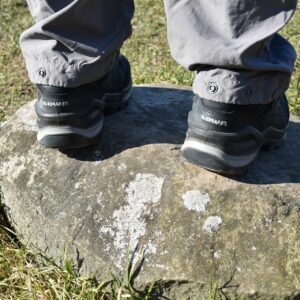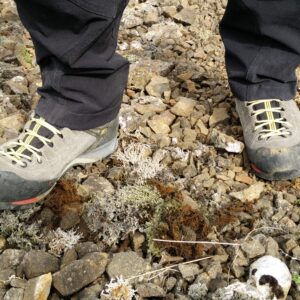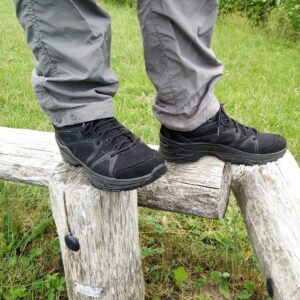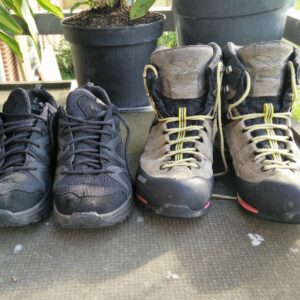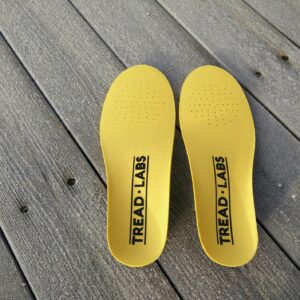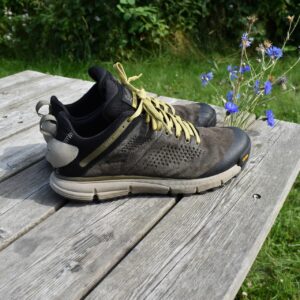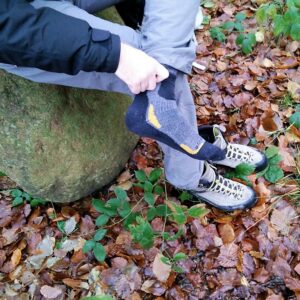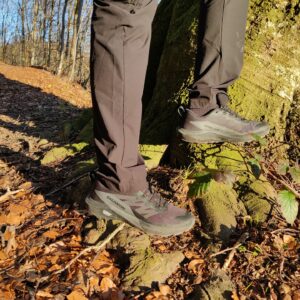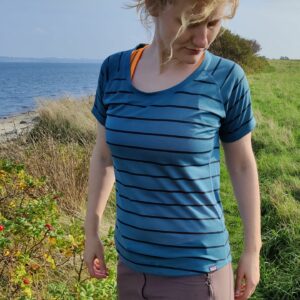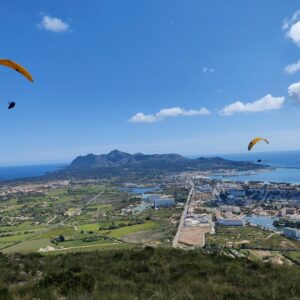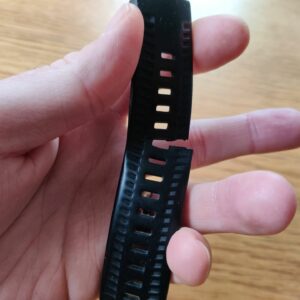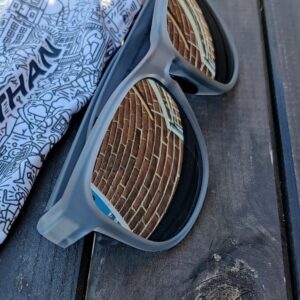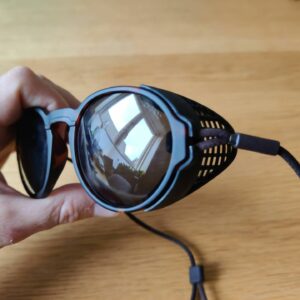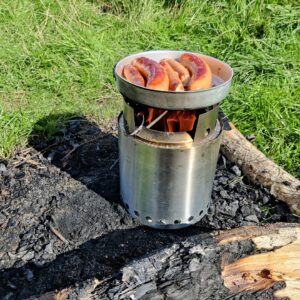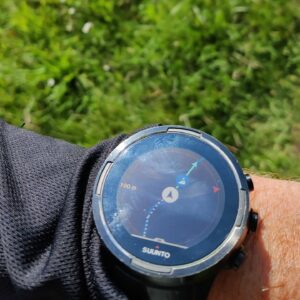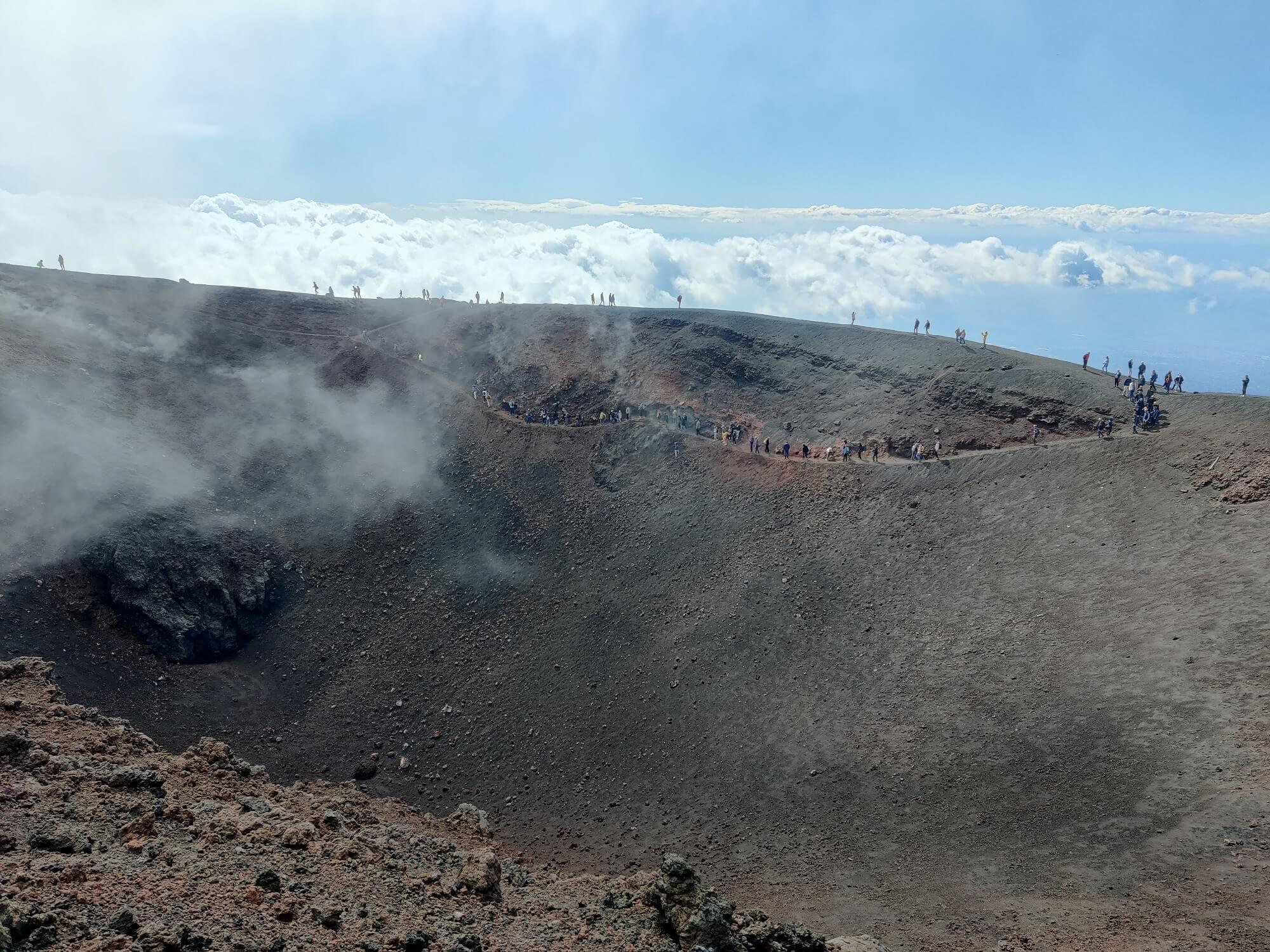
Solestar Hiking Insole Review
A couple of months ago, I got into contact with the German company Solestar which manufactures insoles for different types of sports. They have just launched a new hiking-specific insole and I was eager to test it – not least because the original insoles in my Lowa Innox shoes started showing signs of wear and tear.
Solestar is especially known for making high-quality cycling insoles which they developed in cooperation with professional cyclists such as Christian Knees and Andre Greipel. Solestar insoles are thus not something you buy to replace an old pair of simple insoles – Solestar insoles are scientifically tested and designed to improve your performance. Therefore, the price is also a little higher. However, the company is confident about their product and offers a 6-week money back guarantee.
I’ve been wearing the Solestar hiking insoles on my hiking trips as well as for everyday use and below is what I learned about them.
The Solestar Hiking Insoles are suitable for:
- Hiking
- Backpacking
- Mountaineering
- Trekking
Materials and Design
The Solestar hiking insoles are made of torsion-resistant glass fiber core and synthetic materials. When I first took them out of the box I was surprised by how stiff they were (glass fiber core obviously makes them stiff). However, once I started wearing them I figured out that the stiff construction is far from a disadvantage, but indeed a very positive feature. Exactly due to the stiff construction, the insoles provide great stability, especially on rocky terrain and when carrying a heavy backpack. The insole literally makes your shoe/boot feel more robust and stable.
Also, the position of the foot seems somewhat better with the Solestar insole than with a regular insole. According to the Solestar, their hiking insoles use the so-called stabilization delta which guides your foot into neutral position and holds it there for better comfort, stability and control. I don’t know the science behind this but the when I first tried the insole, I noticed that my foot fits much better into the shoe – the shoe seemed more comfortable and responsive.
The insoles seem to be made of very robust materials and thus I wouldn’t worry about their life span – I’m quite sure your boots/shoes will have to be replaced faster than these insoles. The core is made of fiber glass (supposedly a very strong material) and the synthetic materials around the core also seem pretty resilient.
Hiking insoles should be breathable and moisture-wicking so that your feet stay dry and comfortable while you are hiking. When it comes to breathability and moisture-wicking I was less impressed with the Solestar insoles. It’s not that they are deficient in this aspect, but they definitely don’t match the original Lowa insoles. This is due to the fiber glass core which is not air permeable or moisture-wicking. However, if you have reasonably breathable shoes/boots, I don’t think the slightly inferior breathability of the insoles will be a problem for you. I’ve been testing the insoles with Lowa Innox GTX shoes which have Gore-Tex lining and often make my feet sweat in warm weather.
The Solestar hiking insoles are also antibacterial – I’ve been wearing them for quite some time now and they didn’t get smelly.
Sizing
The insoles are available in European sizes from 37 to 48 (US sizes 6.5 to 15 and UK sizes 4.5 to 14.5). Getting the insoles in the right size is easy – just take the original insole out of your boot or shoe and measure its length. Then find the appropriate size of the Solestar insole in the table here. My Lowa shoes are size 43.5 and the Solestar insoles in size 44 fit perfectly.
Testing
So far, I wore the Solestar hiking insoles on the Skopos trail in Greece, several short hikes and for everyday use (errands, walks, cycling etc.). They are very comfortable and provide great stability. Especially on rocky terrain you immediately notice the difference since the shoe/boot feels much more stable. The downside is that they are slightly less breathable and moisture-wicking than the original Lowa insoles. However, I’m not planning to stop wearing them anytime soon – the pros simply outweigh the cons.
If you have any questions about this product, drop me a line in the comments below.
Rating
| Design |  |
| Quality |  |
| Comfort |  |
| Functionality |  |
We field tested this product. The rating shows its overall performance.About Rating
Pros:
- Support
- Stability
- Durability
- Fit
Cons:
- Not as breathable or moisture-wicking as the original Lowa insoles
